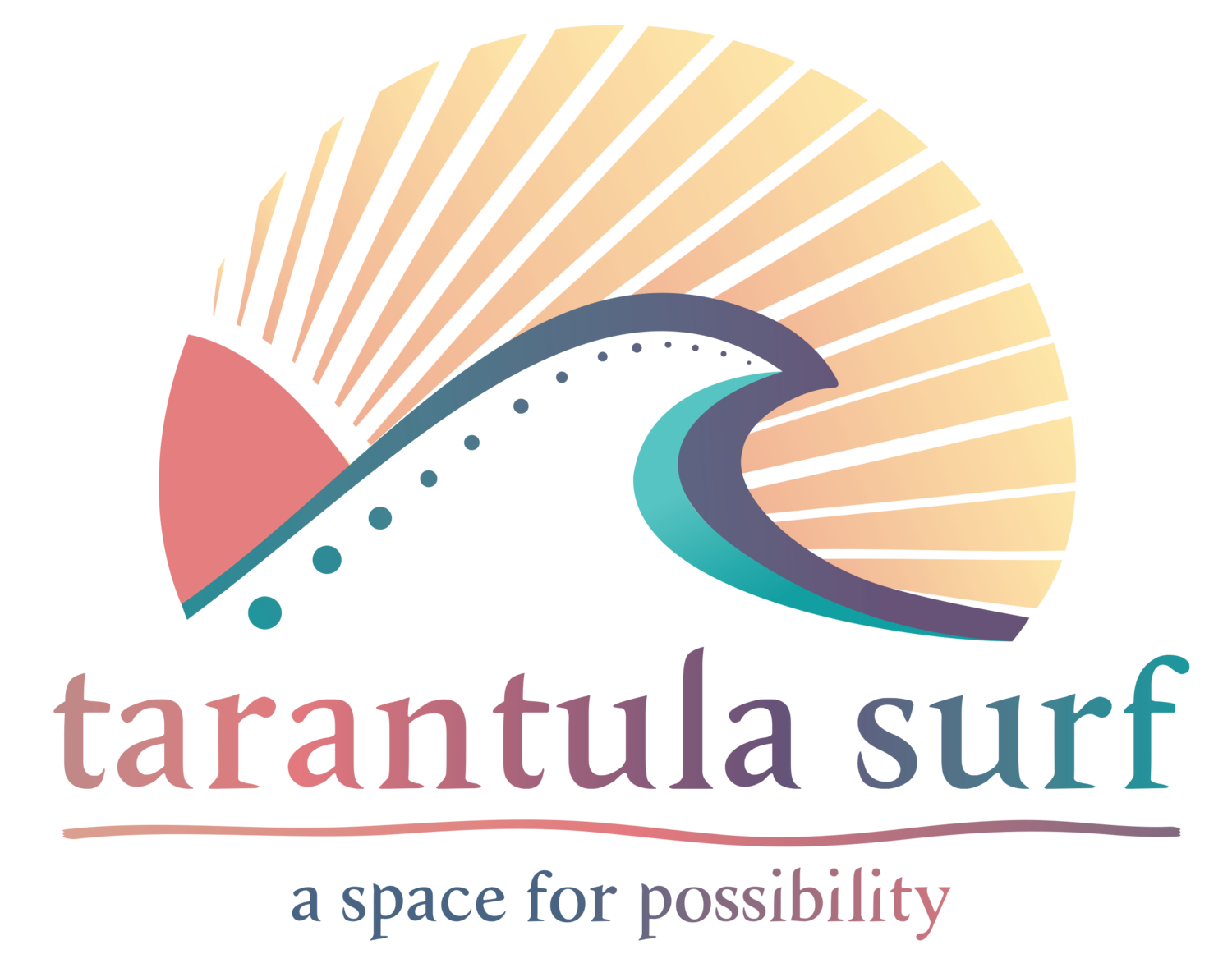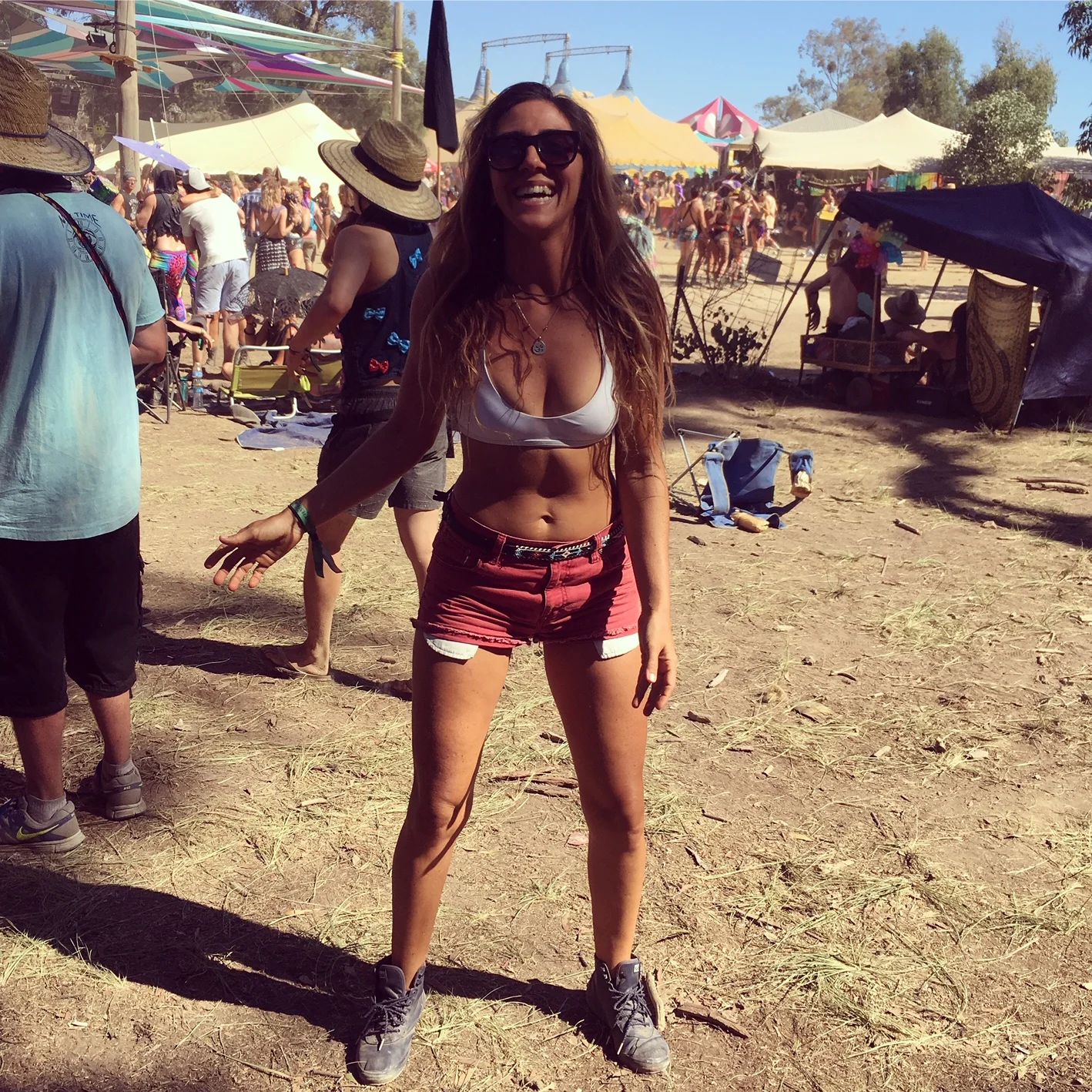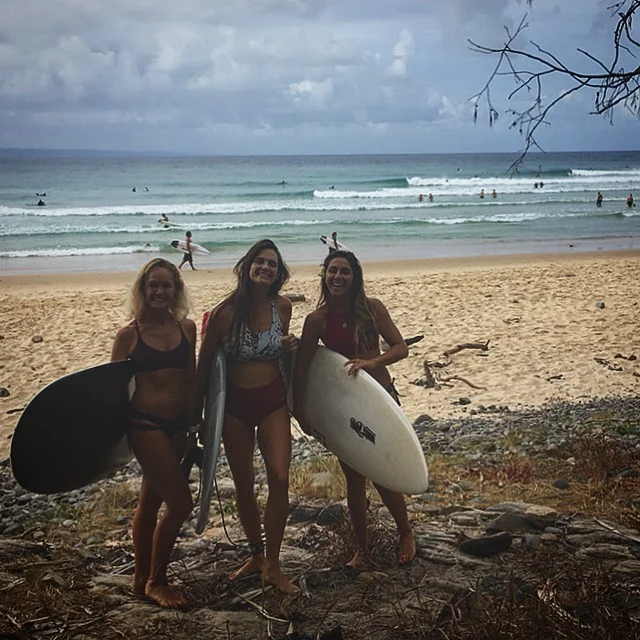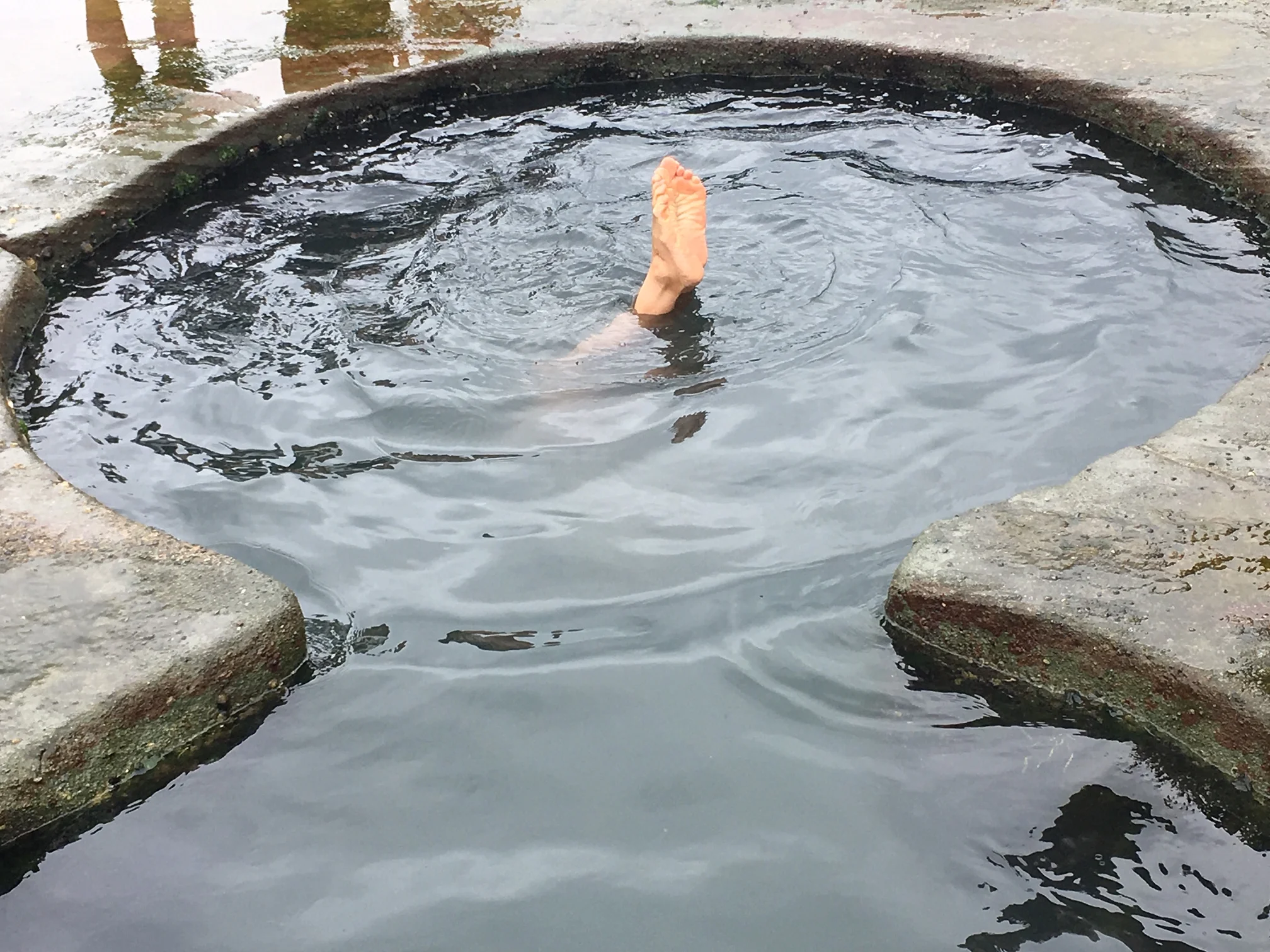“So, here you are,
Too foreign for home
Too foreign for here
Never enough for both”
“I know you,” he said, accented in aboriginal Australian, taking a hand off his slow-rolling walker handle to push the front of his wide-brimmed bush hat back up above his brow. He was greying in the beard, round-bellied, not threatening.
“I’ve seen you before.” He stared into me in a knowing way, unexpected, not quite uncomfortable.
My eyes widened, head cocked slightly to the side. I suspected early dementia and responded obligingly, kind but guarded.
“Not me. I’ve only just arrived.” I filled my teacup and grabbed a bite-sized gluten-free vegan brownie from the buffet display outside the classroom on the fifth floor of the posh city campus in Sydney. It was the first day of the weeklong graduate seminar I had flown halfway around the world to attend.
“I’m Uncle Bill. I’m sure I’ve seen you before,” he carried on. “You must have one of those faces,” he ultimately reconciled his own time-space illusion.
Everything about him was a misfit in a scene like this. I couldn’t place him, and my conscious mind didn’t quite understand what to do with him from there.
“Nice to meet you,” I said, gathering my goodies, turning to join the collegiate group inside.
Much to my embarrassment, I soon learned that Uncle Bill was the aboriginal elder assigned to offer the formal ‘welcome to country’ greeting at the start of our program. He commanded an understated respect as he spoke to us, his presence jovial, slightly self-deprecating. Like a stand-up comic whose character does the work for him, making people laugh by giving them something real.
He fumbled over his words, sharing piecemeal stories of his ancestors’ heritage, their relationship to the land, the legacy of colonialism well more than two centuries matured. He spoke of the whale people to whom he belonged by bloodline - their way of life, the sacredness of the land they once inhabited beneath the high-tech high-rise building where we gathered. In Parramatta, no less, the landing place for Australia’s second colonial settlement.
I watched others in the group smile and nod in the way you would if you were listening to your grandfather tell a story about his childhood around the dining table at Christmas.
Uncle Bill clapped short cylindrical sticks together ceremonially before leaving us with the welcome message you could tell he wanted us to hear:
Remember the ancestors who walked this land before you.
A misfit relic to histories incompletely erased by a colonized modernity, Uncle Bill belongs to the land few people dare to remember. A land that belongs to no one. And while his presence implicates us all in the inconvenient weight of its truth, his message reminds us to tread lightly, to walk deliberately, to un-forget the pillaging of a people displaced by the lifestyle we Westerners call home, come and go at will, across cities and suburbs, surfscapes and tourist traps.
Uncle Bill’s very existence in this world to which he doesn’t seem to belong, forces us to question our own ignorant truths in the easy whims we wander. To understand the essential fugitivity of homelessness in the migrant skin of not belonging – being, in the words of Nigerian poet Ijeoma Umebinyuo, ‘too foreign for home, too foreign for here, never enough for both’. To remember, even as we negotiate in the purpose of our own Earth-belonging, what it means to be an uninvited guest in someone else’s home.
Perhaps even, when that home has no owner, is no longer, and was never meant to be owned in the first place.
I’ve spent the past three weeks in Australia in the same way I spend most of my days anywhere: flitting about from place to place, seemingly superficially, yet lingering long enough for the cultures I encounter to get a little bit stuck on my skin. Long enough to hover my wings into the nourishment and connection I crave, drinking in like nectar my innate wanderlust for learning with purpose, mindful of what I wish to carry back with me when I return, in service to my role in the greater contribution I endeavor to fulfill in the world. Living like a honeybee, the joie de vivre in my raison d’etre, if you’ll indulge me the momentary pretention in my premature metaphor.
That isn’t to say the adventures haven’t been fresh: An eight-day graduate seminar in Sydney on researching post-capitalist possibilities for my PhD in sustainable surf tourism currently in the works. A cliffside trek to the tide pool tourist trap, little-known to me and five hundred selfie-sticks, in the Royal National Park just south of the city. A visit with my third cousin to the urban produce market on Melbourne’s hottest day in recorded history, shops closed up and greens wilting as we sweat standing still in the shade. A cool-water on-shore surf at Torquay’s Bells Beach in borrowed suit and board thanks to the not-so-random kindness of a stranger-sister now turned friend. A sober stint at the psychedelic ‘bush doof’ music fest better known as the Rainbow Serpent Festival, what I can best describe as a dusty dip into the messy unraveling of our ecstatic postmodern unrest. A week on the Sunshine Coast with my surfer-girl sea-sista, newly turned surf mama, baby bopping between soul sessions at Byron Bay and Noosa Heads, and some Gold Coast spots in between.
Diverse in the hectic smattering that has come to represent the passions that pique my interest, like field flowers in springtime, or fruit trees at full harvest, the adventures along my Australian journey follow little rhyme or reason where static categories of identity are concerned, where questions of anything but divine chaos haven’t a place in hell. Plans on the calendar and people in my company feel like experiments in possibility where my guiding currency is an intuitive desire for experiences that align with the realities I’m interested in making more real, ways of being that might somehow be making this world a little more beautiful.
And the only thing that holds me together among these seemingly disconnected, blooming indulgences in colorful living, is the path of purpose that carries me, like wings abuzz in the hovering stopover sharing of revolutionary ideas, wildly diverse alternative realities, and the rich multiplicity of possibilities that make life worth living. From one soul-guided, purpose driven experience to the next, it has become painstakingly clear that my planetary work, my dharma, lives in the hither-thither cross-pollination of possible and actually existing alternate worlds in varying stages of co-creation, cultivation, bloom, fruit and harvest.
Paradoxically, or perhaps essentially, nowhere in these places I inhabit temporarily do I feel like I belong. Not completely, and definitely not permanently. At grad school I’m the sandy surfer girl fresh out the jungle who can’t be walled in for a 9 to 5 in an air-conditioned classroom without catching a cold, not to mention the churning in my stomach as I swallow the reality of my participation in the industry of academia building ivory towers of exploitation, privilege, exclusion and self-righteous theoretical masturbation atop the colonized histories it seeks to remember back into being. At the festival I’m one of a handful of sober skeptics trying my damnedest to dance away the heavy walls of self-limiting judgment that keep me separate from everybody else, my decolonizing critic on overdrive mastering the art of buzzkill, party of one. In the surfy world, I’m both the introverted book nerd and the outspoken feminist who gives too many fucks about the world to possibly settle into any semblance of contentment in the gentlemen’s club surf culture of toxic masculinity and lifestyles built on talking only about waves all day, every day. In the city I’m scratching for the silence I can’t find anywhere, between hip-hop classes and kitschy bookshops, taking selfies in Pinterest cafes. In the suburbs I’m drowning in normalcy, yet grateful for baggy sweatpants and no pressure toward pretentiousness. In none of the places I frequent in lived pursuit of purpose, do I actually feel at home.
You belong as a non-belonger, my intuitive auntie has told me, literally every time we’ve sat for a reading, when she foretells of my nomad adventures and dharma-driven dream-life. That sort of karma has never felt comforting.
For most of my adult life, in fact, the outsider-insider experience I inhabit has felt mostly like an existential crisis of identity. I’ve spent sleepless nights dreaming up ways I might belong somewhere for a while. Anywhere, really, in any of these scenarios that don’t quite fit me in the same ways that I don’t quite fit them. For years, I’ve compensated by trying to be all the things, including the things I’m not, attempting to fit my square peg into all those round holes. While finding solace in my chameleonic ability to color-change to fit my surroundings, perhaps as a matter of survival, I’ve still always felt like a migrant in my own skin – too foreign for everywhere, never enough for anywhere. Half-belonging, sort of, everywhere, but ultimately never in a way that feels like living in the truth of who I am. In this mode of being, I’ve lived in a perpetual state of nostalgia for a true home I’ve never known.
I wouldn’t dare ask someone like Uncle Bill if he’s ever felt a feeling like that.
In the yogic traditions, they speak of satya, truthfulness, as an ethical tenet to living in alignment with the teachings of the yamas, as set out foundationally in the Yoga Sutras. In Deborah Adele’s modern adaptation, she explains that truth demands integrity to life and to the self, even when our truthfulness comes at a cost to our sense of belonging. And our desire to belong, in turn, often comes at a cost to our realness, the center of our unique essence beyond the mask of illusion. In times of personal growth and evolution, the core challenge becomes a choice of a) belonging at the expense of our truth, sacrificing a part of ourselves in order to be loved, or b) living in integrity with who we are, even if it means growing beyond the rules and beliefs of the group, losing our sense of belonging in the process. Truthfulness, Adele continues, carries a weight. A thickness. A depth of integrity. Yet, staying present with the truth of the moment is what allows us to evolve, to show up completely in the space where our thoughts, words and actions all align, where we can meet the moment full-on. This is what she calls meeting our truth with fierceness to contact life in its fullness.
Indulge me this moment of process, if you’d be so kind. This sort of shape-shifting is no easy task. Because meeting the fierce truth of my non-belonging means trading my practiced, however malcontented, chameleon skin for a totem more fitting to the essential nature of my being.
In fact, it means fitting my wings to the truth of my bee-longing.
Honeybee. A cross-pollinator whose life-giving dharma is absolutely vital to the growing, flowering, fruiting diversity of life on Earth. A species under threat of ultimate extinction if the modern world continues along its current trajectory of self-destruction. Bees, in the buzzing satya of their very nature, belong centrifugally to the cycles of life on Earth as non-belongers whose ability to flitter about among flowers and fruit, to linger long enough to slurp and gather, to bring what they’ve garnered and gleaned along with them to the next bud in blossom, to shed what has attached itself vicariously to their skin in ways that support the collective evolution of diverse life on the planet, and ultimately, to store what they need for their own survival. Bees are responsible for improving the diversity and quality of life cycles, food chains, beings big and small. The very possibility of abundance, evolution and beauty depends on bees in their insuperable truth as belonging simultaneously to no single flower, and to the very existence of more-than-human life on Earth, all at the same time. Absolutely essential in their natural-born fugitivity.
As my metaphor takes form, however longwinded its journey into being, I breathe into this truth that sets me free. Shedding the practiced discomfort of my chameleon skin that, for years, allowed me to almost-belong everywhere at the cost of living in integrity with the satya of my being, I see myself now as belonging to the bees, the essential non-belongers vital to the cross-pollination of ideas, dreams, and possibilities of diverse multiplicities at the center of our collective evolution and the keeping of the cycles of life on Earth; in a phrase, supporting the coming to fruition of the stuff that makes life worth living.
What I’ve begun to learn in these past three weeks of cross-pollinating in all those places I don’t quite belong – perhaps a culminating epiphany of the months and years I’ve lived in this non-conforming buzzing-about sort of way, anyway -- is that my nomadic not-belonging may very well be my natural-born instinct. With a little change in perspective, I no longer see it as a weakness, something I seek to change. It’s not something I fear or am embarrassed about. In fact, being a non-belonger allows me to live in my truth and be exactly who I need to be, where I’m meant to be, on any given day in the organized chaos I call this life of purpose.
And as I navigate the winds of what often feels like my own lonely truth, among brand new places and a few familiar faces, I revel in the settling storm of what it means to bee-long in a home that was never meant to fit, in a world that will never be my own.
I believe this sort of bee-longing is what queer theorist Jack Halberstam means when he and she writes in the Introduction to the Undercommons, about inhabiting the crazy. About being things which are not. About existence as being synonymous with living a life of fugitivity as separate from settling, the essential homelessness of being both too foreign, and never enough, always and at the same time. What it feels like to choose the satya of truth over the (dis)comfort of trying to belong to a world that doesn’t fit you, because it’s not meant to. Because that sort of belonging is the annihilation of self, the death of diversity. A post-apocalypse of what life would look like without bees to pollinate the flowers and the trees.
I believe Uncle Bill’s message of remembrance was, in its essence, a message of both truth and belonging, however impossible to reconcile in places he might recognize as home in his heritage, but where he has never actually known as his own. His people are the whale people, migrants in their own right. And as he stands in his truth as a misfit relic to a nearly forgotten past - if not for his own sort of inhabiting the crazy, being things which are not, living a life of fugitivity as separate from settling - I imagine he, too, carries a thing or two in his bones about what it means to belong as a non-belonger.
Perhaps, even, in a similar way as I’m coming to learn what it means to belong to the bee people, despite and in acknowledgement of our very different histories of colonization, extermination, displacement and privilege. I wonder if Uncle Bill and I have a little more in common than might meet the eye; if our dharmas are somehow aligned across all those superficial divides. Might we make an impossible home here, together, somehow, of our necessarily lonely, vital non-belonging?
I find hope in the possibility of what Undercommons authors Stefano Harney and Fred Moten describe as a being together in homelessness. A real, non-existing place where truth-livers like the bee people and the whale people might belong to one another, somewhere, everywhere, anywhere, and nowhere, all at once, and at least for a while.
Or maybe, that’s precisely what Uncle Bill meant when he saw me and knew exactly who I was.










